
When Amway announced in 2013 that it was opening a new state-of-the-art research center in Wuxi to study traditional Chinese medicine, the move may have surprised many.
But the American direct selling giant has a long relationship with TCM going back almost a hundred years, and the company’s decision to move to Jiangsu province came after an exhaustive three-year search for the purest soil in China.
Now, Amway plans to use its research center in Wuxi National Hi-tech District (WND) to popularize TCM around the world.
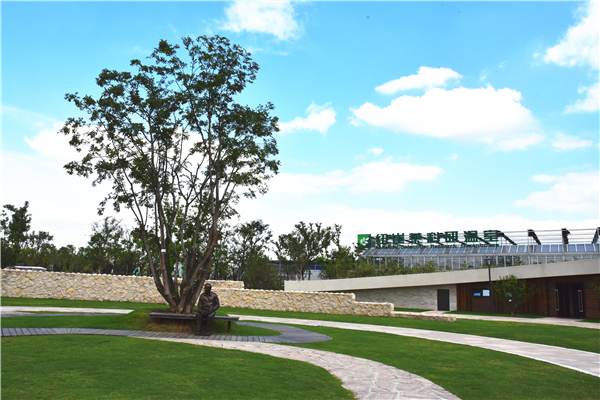 |
|
The exterior of the Amway Botanical Research Center (ABRC) in Wuxi [Photo provided to bizwnd.com] |
China today plays an indispensable role in Amway’s global strategy. The company set up its first Chinese production base in Guangzhou in 1995, and since then China has become Amway’s largest sales market worldwide.
But the company’s relationship with China goes back much further than reform and opening-up.
In fact, China’s role in the emergence of Amway can be traced all the way back to 1915, when young American called Dr Carl F Rehnborg arrived in the Middle Kingdom.
The 28-year-old Rehnborg became fascinated by traditional Chinese medicine during his time in China. To him, the idea that there may be no absolute difference between food and medicine was completely revolutionary.
Once he had returned to the US, Rehnborg took the idea of a food that could help preserve your health, and used it to create a new product called Nutrilite.
The vitamin and mineral supplement was a huge success, and today Nutrilite is sold in more than 100 countries and regions.
Nearly a century later, in 2009, Amway decided to return to China to find inspiration for a new generation of products.
The company decided to set up a new research center focusing on the integration of Chinese concepts of health preservation with advanced planting techniques.
Amway’s search for the perfect Chinese soil
Creating a quality nutrition supplement product depends on having the highest quality raw ingredients.
So in 2009 Amway began an epic journey across China to find a place with the perfect growing conditions for its new research center. The company examined land in 40 different regions across the country over three years in search of the ideal location.
Finally, the company found what it was looking for—a strip of old farmland in Wuxi’s WND. Its ideal climate, well-maintained environment, and proximity to Shanghai with its large pool of talent and top universities were just what Amway needed.
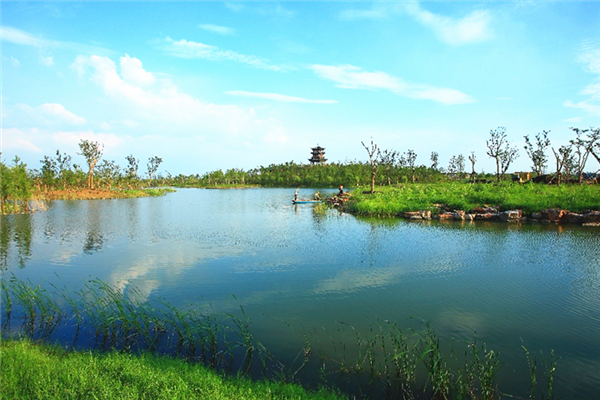 |
|
Amway Botanical Research Center (ABRC) is based in Wuxi’s WND, which impressed Amway due to its well-maintained environment. [Photo provided to bizwnd.com] |
According to Johnson Han, chief director of Amway’s botanical research center, the foresight and hospitality of the local government also left a great impression on the company.
"WND has provided tireless, timely and effective service from the beginning of the project to its final operation," said Han. "As a research and development company, Amway can't bring quick financial benefits for the region within a short time, but WND recognized our brand value and our potential to upgrade the local industrial structure."
Moving in the machines
Amway spent another three years transforming Hongshan’s soil and water to create the perfect conditions for cultivating its TCM herbs, first fallowing the land and applying green manure and crop rotation techniques to recover its fertility.
The company also brought in high-tech equipment from the US rarely seen before in this corner of Jiangsu province, including a John Deere tractor fitted with GPS and automatic drive functions.
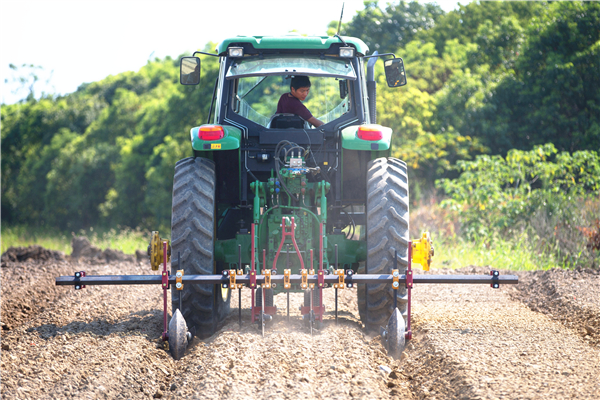 |
|
A worker uses a John Deere tractor fitted with GPS technology at Amway Botanical Research Center (ABRC). [Photo provided to bizwnd.com] |
Laser road graders and bulldozers compressed some 250,000 cubic meters of transported pure soil to form the bottomland, and engineered a 1 percent incline to allow smooth drainage.
A view of the reconstructed bottomland at Amway Botanical Research Center (ABRC) in Wuxi. [Photo/bizwnd.gov.cn] Lastly, Amway ensured the soil had the optimal conditions for TCM herbs, including pH level and mineral content.
After three years of effort, Amway had its perfect Chinese soil. The Amway Botanical Research Center (ABRC) finally opened in October 2015.
IoT agriculture
The center’s greenhouses are fitted with the latest Internet of things (IoT) technology to ensure optimal growing conditions.
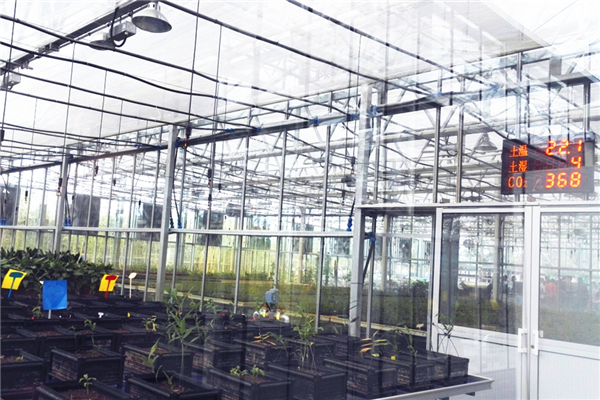 |
|
A view of the IoT-integrated greenhouse of Amway Botanical Research Center (ABRC) in Wuxi. [Photo provided to bizwnd.com] |
The center is run by an expert team of 20 scientists specializing in several different fields, from phytology to edaphology.
ABRC is also cooperating with leading Chinese institutions such as the Institute of Soil Science and the Chinese Academy of Sciences, with whom Amway is partnering to explore the relationship between soil content and the effectiveness of medicines.
It also established a cooperation base with Wuxi’s Jiangnan University in June 2016, in a bid to promote the center and attract talented researchers.
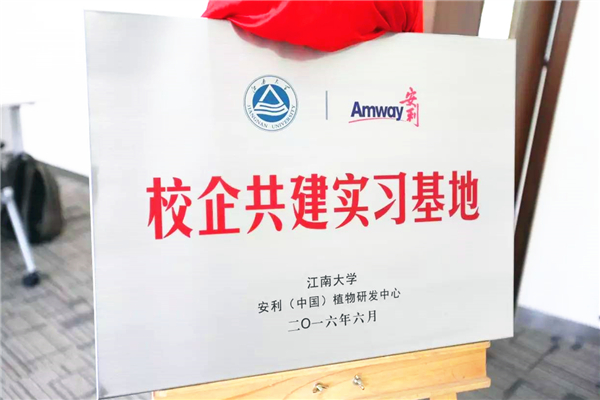 |
|
A plague certifying the partnership between Amway Botanical Research Center (ABRC) and Wuxi’s Jiangnan University. [Photo provided to bizwnd.com] |
Now, Amway is exploring how to turn its findings at ABRC into marketable products that will be popular around the world.
From Han’s perspective, the main issue is how to popularize TCM in countries where Western medicine is the paradigm through which people think about health and wellbeing.
Amway is taking a gradual approach, identifying certain TCM products that fit well with Western medical theories, including physiologic, biochemical and pathological indexes.
Nutrilite’s Memory Builder With Ginkgo is a successful example of this approach to internationalizing TCM products. Ginkgo Biloba is used for improving memory in traditional Chinese medicine, for some certain extracts will improve blood flow to the brain.
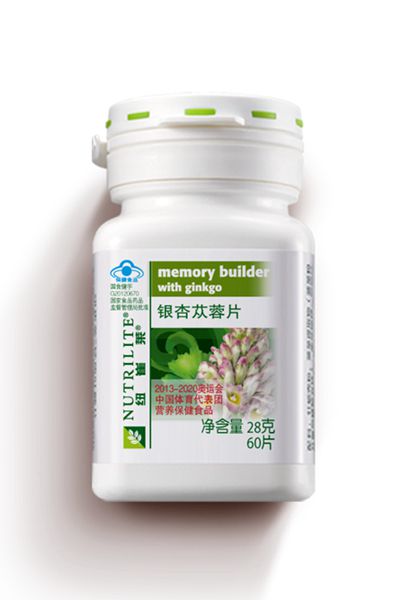 |
|
A packet of Nutrilite’s Memory Builder With Ginkgo product. [Photo provided to bizwnd.com] |
TCM and traditional Chinese health preservation theories should be combined with modern medical science, and Amway will carry out its research with modern technology, Han said.
"We hope more people will accept TCM products through our organic farming, combined research of Chinese TCM theories and modern medical analysis," Han added.
He also expressed his hope that more research companies will come to WND to build an industrial cluster and contribute to the globalization of TCM.